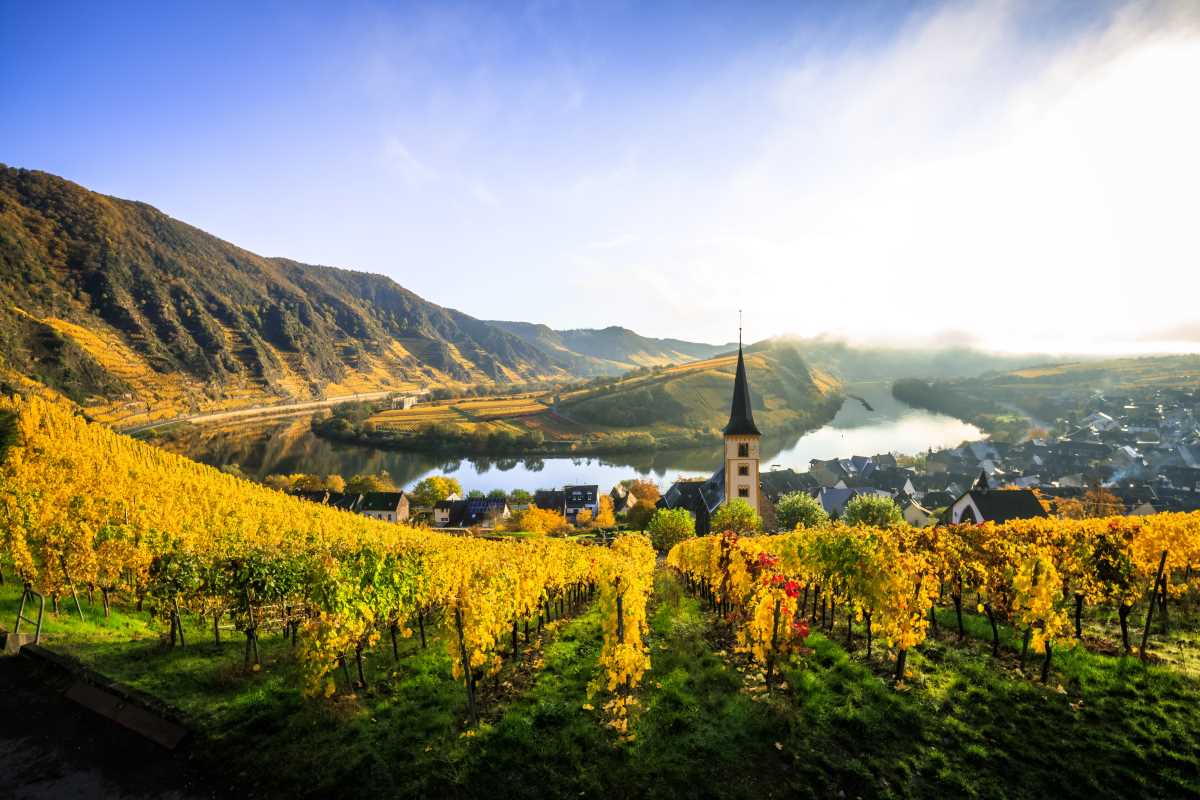When it comes to exploring the world, there’s something magical about finding hidden gems and experiencing places that aren't packed with tourists. Traveling off the beaten path isn’t just about avoiding the crowds, though—that’s only part of it. It’s about discovering authentic cultures, connecting with locals, and coming home with stories no one else has. It’s a way to make your travels truly your own, full of surprises and unique memories.
But how do you go beyond the guidebook? Venturing off the beaten path takes a little more effort, planning, and curiosity, but the rewards are more than worth it. Whether you’re looking to explore lesser-known cities, discover quiet beaches, or try activities most people wouldn’t think of, this guide is here to help. Here’s how to step off the tourist trail and take your adventures to the next level.
1. Understand What “Off the Beaten Path” Means to You
Everyone has a different idea of what it means to travel off the beaten path. For some, it’s heading to remote mountains or isolated villages, far from any major city. For others, it might simply mean skipping the most overhyped attractions and exploring quieter neighborhoods instead. The key is to figure out what kind of off-the-grid experiences excite you.
Look for Less-Touristy Destinations
Think beyond famous capital cities or Instagram-famous spots. Instead, explore smaller towns, rural areas, or regions that rarely make the headlines. For example, instead of heading to Paris, why not visit Lyon or Annecy? Or in Italy, trade Florence for Bologna or Perugia.
Avoid Peak Seasons
Another way to escape the crowds is by traveling during quieter times of the year. Even popular destinations like Greece or Thailand feel much more personal when you visit during the shoulder seasons, like early spring or late fall.
2. Talk to the Locals
If there’s one surefire way to experience a place authentically, it’s by connecting with the people who live there. Locals often know the coolest spots to eat, hang out, and explore, and they’re usually happy to share tips with curious travelers.
Ask the Right Questions
When chatting with locals, skip broad questions like, “What’s there to do here?” Instead, ask things like, “Where’s your favorite spot to grab lunch?” or “Do you have a favorite walking trail nearby?” These kinds of questions make it easier for locals to share their personal recommendations.
Use Local Resources
Many towns and cities have community boards, small bookstores, or local Facebook groups that highlight unique events, hidden attractions, or family-owned businesses. Stop by one of these places to see what’s happening during your visit.
3. Explore Beyond the City Center
While main squares and city centers often showcase beautiful architecture or bustling markets, they tend to feel catered to tourists. To really get a feel for a destination, make an effort to spend time in quieter, more residential areas.
Wander Aimlessly
One of the best ways to discover unexpected spots is simply walking through unfamiliar streets. Put away your map, take note of major landmarks so you don’t get too lost, and follow your instincts. You might stumble upon a cozy café, a peaceful park, or a hole-in-the-wall restaurant.
Use Public Transportation
Riding buses, trams, or even public ferries can give you a unique glimpse into daily life. Plus, public transport often leads you to neighborhoods or locations that aren’t promoted on travel websites.
4. Think Beyond Hotels
Staying in a traditional hotel can feel comfortable, but it doesn’t always give you the most immersive experience. When traveling off the beaten path, consider accommodation that helps bring you closer to the local community or the natural surroundings.
Try a Homestay
Homestays, where you stay with a local family, offer a fantastic opportunity to experience authentic food, learn about local traditions, and maybe even try out some basic phrases in another language. Platforms like Airbnb sometimes have options for shared stays as well.
Find Unique Lodging
Think treehouses, yurts, or eco-lodges in the countryside. These accommodations often take you far from the hustle and bustle, providing a peaceful backdrop to your adventure. If you’re more adventurous, consider camping or renting a cabin by a tranquil lake.
5. Be Open to Spontaneity
Sometimes, the best experiences aren’t planned. While it’s smart to have an itinerary, leaving room for flexibility allows you to take advantage of unexpected opportunities.
Say Yes to Unexpected Invitations
If someone invites you to a local gathering, festival, or event, don’t hesitate to join in (as long as it feels safe). These impromptu experiences often become the most memorable parts of a trip.
Follow Your Curiosity
Did you pass a small gallery that looks interesting? Or see a handwritten menu for a café with no English translations? Go ahead and check it out. Wandering into the unknown often leads to unique discoveries.
6. Respect the Culture and Environment
Traveling off the beaten path often means visiting places that aren’t used to hosting large numbers of tourists. It’s important to be mindful of how you interact with local communities and environments.
Learn About Local Customs
Before heading to a new place, take the time to understand its culture and traditions. Small gestures, like greeting people in their language or dressing appropriately for religious sites, can go a long way in showing respect.
Leave No Trace
When visiting remote or natural destinations, always clean up after yourself. Stick to marked trails, respect wildlife, and avoid leaving any impact that could harm the environment.
7. Seek Unique Experiences
Sometimes it’s not about the destination but about what you do when you get there. Look for activities that allow you to connect with the local culture or step outside your comfort zone.
Take a Workshop
Learn something new while supporting local artisans. Whether it’s taking a pottery class in Japan, learning to cook traditional dishes in Mexico, or weaving baskets in Morocco, workshops give you a taste of local life and skills to take home.
Participate in Festivals
Cultural or seasonal celebrations are a fantastic way to immerse yourself in a destination. From small-town fairs to countrywide holidays, festivals often highlight unique traditions, music, and food.
 (Image via
(Image via





